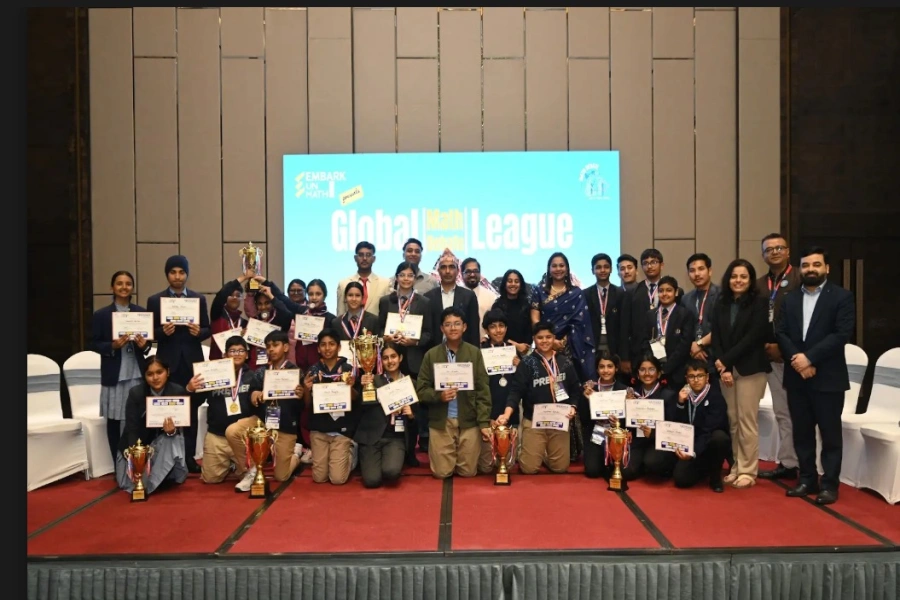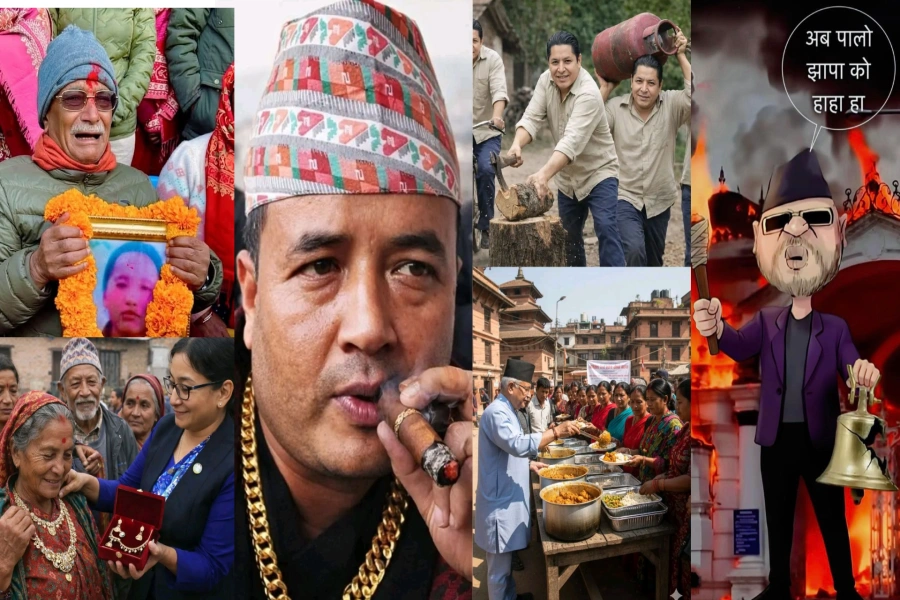The ever-increasing prevalence of online misinformation and disinformation has emerged as a significant threat to democracy today. This has also undermined the fundamental pillars of democracy such as law, information and representation, resulting in chaos and mistrust in the democratic system. Disinformation is often weaponized by political entities and frequently launched, targeting the general population to destroy their sense of reasoning, thereby creating mistrust in institutions, the system, government, and the democratic process as a whole.
Misinformation is the spread of false information regardless of the intent to harm others, whereas disinformation is false information designed, presented, and disseminated with an intention to mislead and deceive the public, deliberately spreading false news to defame others. These are undeniably growing threats and contain enormous power to harm the public. False or misleading information can propagate at an alarming rate, frequently outpacing the development of a genuine catastrophe. The fact that the World Economic Forum (WEF) in its Global Risks Report in January 2024 underscored the spread of misinformation among the most pressing threats to humanity speaks volumes of the situation. This report emphasizes the urgency to equip the world against this crisis of the information age.
The central argument surrounding the misinformation debate is the claims by individuals justifying the spread of misinformation and disinformation as just a mere exercise of their democratic right to freedom of speech. They deny all claims of a crisis and frame all attempts to combat misinformation as an effort to curtail free expression. However, it is crucial that these politicians, leaders, and media understand that the spread of fake news does not equate to freedom of expression. Instead, they are depriving the public of being well-informed and wise by proliferating misinformation and disinformation.
No one should dream of going against democracy: PM Deuba

There are a plethora of real-world examples of misinformation and disinformation, but this phenomenon is most visible during times of crisis when a nation's leadership and democracy are already compromised. Misleading claims and unsubstantiated information concerning the origin of a crisis, its spread and potential interventions are extensively disseminated worldwide. One such example is the COVID-19 crisis in which more than one-third of the global population mistakenly believes that the risks of COVID vaccines outweigh the benefits. Some prominent rumors in Nepal, as quoted by Accountability Lab Nepal, include “people in Nepal are less likely to contact COVID-19 as a large number of the population has undergone BCG vaccination” and “having turmeric water and washing hands with warm water can cure COVID-19.” Furthermore, growing concerns about pregnant women’s regular check-ups, the safety of health workers, and slow responses from the government created distrust among the communities.
Similarly, Nepal saw a widespread dissemination of misinformation against the Millennium Challenge Corporation (MCC) deal signed with the United States. CPN-UML Chairman and former Prime Minister KP Sharma Oli characterized the issue of the US-aid Millennium Challenge Corporation (MCC) compact agreement as “a deliberate misinformation campaign” launched to topple his government. He said that the “campaign” that was based on wrong intentions “unnecessarily ridiculed and divided the Nepali people for almost three years.” Rumors surrounding MCC conspicuously influenced human behaviors, leading to non-compliance with accurate information that impacted decision-making processes at various levels. One notable instance occurred during a protest against the MCC in Baneshwar, where an older gentleman expressed his participation in the protest out of a belief that the MCC agreement would lead the US Army in taking over Nepal and stealing birds and wildlife from its forests. This is exactly how misinformation shapes public opinions and public beliefs. They are not simply mistaken; they are intentionally misled. This, in fact, is a deliberate attempt to sow confusion and doubt among the public through artificial controversies fueled by rumors and speculations, all serving ulterior motives. Doubts and misconceptions about foreign aid programs and relief efforts have hampered community participation and cooperation, potentially impeding progress in economic development. Furthermore, misinformation about the MCC, the 2015 earthquake, 2023 Jajarkot earthquake, and other crises has influenced human behavior in terms of reluctance to engage in development initiatives and disaster response measures. Such actions undermine peace, stability, and the democratic process.
Fair voting and representation are one of the fundamental pillars of constitutional democracy. However, this foundation faces significant challenges due to misinformation and disinformation campaigns launched during elections. Electoral democracy is adulterated by an increase in false or misleading information in media and political discourse. Democracy of any nation is sustained with the active participation of its voting citizens. Yet, when the voters’ judgments are clouded with misinformation, achieving fair representation and inclusion becomes increasingly difficult. Misinformation has a severe chance of limiting the voters to conduct thorough research, leading them to support candidates, parties, or policies that may not serve their best interest. It might not seem evident, and some advocates of “free speech” might downplay the fact, but the effects of misinformation are subtle and detrimental, destabilizing the electoral democracy.
The influence and threat of misinformation are salient, not only because it creates major confusion for the voting public but also because it can reduce political participation by sowing distrust in the fairness of elections. Voters, especially youths, often have limited knowledge of candidates and electoral procedures. When compounded with misinformation, they are likely to question the fairness of elections, giving them ample reasons to not participate. Furthermore, misinformation can cast doubts on the fairness of election results, thereby eroding satisfaction with electoral democracy. Hence, it is concerning how democracy will perform amidst these doubts.
As numerous studies suggest, social media seem to be amplifying existing behaviors and are frequently the cause of widespread misinformation and disinformation. The COVID-19 pandemic has been accompanied by a sharp increase in the quantity of misinformation spreading through social media. It is also assumed to have terrible consequences for health behavior and even government stability. The dissemination of false or misleading information has created a sense of mistrust and skepticism among the public, leading to noncompliance with authentic information from official sources and government actions. It creates confusion about the basic facts of current issues and events and clouds the judgment of the public. The solution to this burning problem is a widespread intervention with media literacy. They can also be curbed with fact-checking, media literacy, and self-regulation. It is time for us all to join hands to combat misinformation and disinformation.







































